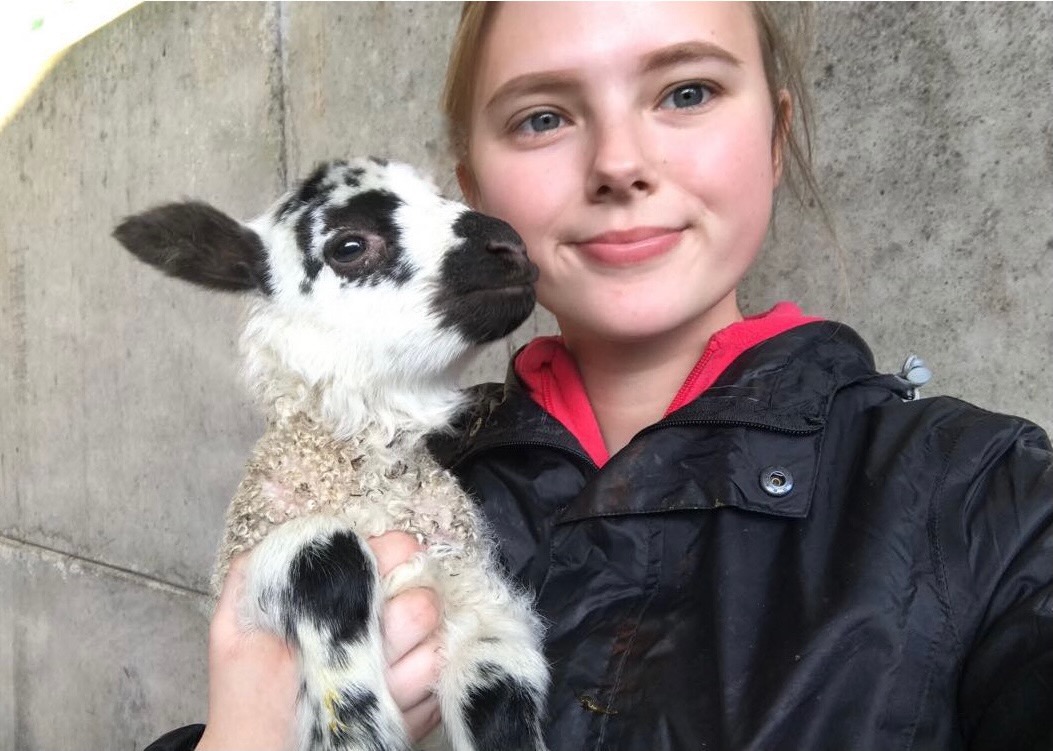
Could Bacillus coagulans offer a solution to poor post-weaning performance in piglets?
By Abigail Frazer
Diarrhoea is one of the most common causes of reduced performance and mortality among weaned piglets. Its prevention is therefore paramount not only to safeguard the health and welfare of piglets and to minimise economic losses, but to also limit the risk of bacterial contamination of pork products destined for human consumption.
Diarrhoea, typically occurring as a result of pathogenic bacteria proliferating due to inadequate hygiene, housing and/or feeding conditions, has been proven to cause functional damage to the gastrointestinal tract of weaned piglets. This, in turn, adversely affects the digestive and absorptive ability of the intestines, impairing the health and post-weaning performance of piglets, in terms of feed conversion and growth, among other factors. Piglet diarrhoea can be highly transmissible, with symptoms including loss of appetite, dehydration and in severe cases, death, thus stressing the need for effective prevention and treatment.
Extensive research has proven that antibiotics are the most effective method of preventing and treating diarrhoea in piglets. However, their continued use is becoming increasingly limited, due to the emergence of antibiotic resistant bacterial populations, resulting from the repeated, long-term use of antibiotics. Antibiotics have also been found to cause vast changes in the intestinal microbiota of weaned piglets, disrupting intestinal homeostasis and impairing immunity. Combined, these factors ultimately pose a threat to the future availability, and suitability, of antibiotics for use in both animals and humans. The dietary inclusion of Bacillus coagulans (B. coagulans) could offer a solution to this.
B. coagulans is a strain of probiotic bacteria which has been found to survive in the harsh conditions of the gastrointestinal tract. Similarly to other Bacillus species and lactic acid bacteria, B. coagulans works by forming endospores and producing antibacterial compounds such as L-lactic acid, coagulins and lactosporin. which inhibit the growth of unfavourable bacteria including Listeria and Enterococcus, among others. This ultimately allows beneficial bacteria to proliferate and promotes homeostasis within the microbiota of the gastrointestinal tract, unlike the action of antibiotics.
In a recent study, a test group of weaned piglets were fed a basal diet supplemented with 600g/t B. coagulans for 28 days. 16S rRNA sequencing detected that the dietary inclusion of B. coagulans was found to significantly improve the diversity and richness of beneficial bacteria within the intestinal microbiota, which is essential for the maturation of the immune system and healthy intestinal function. Significant differences were also observed in the prevalence of specific bacteria within the intestines. For example, weaned piglets that were not supplemented with B. coagulans were found to have a higher amount of Prevotella. This is a bacterium with the ability to cause inflammation and disrupt the intestinal microbiota, reducing the number of beneficial bacteria and ultimately causing immune dysfunction and diarrhoea.
Significant improvements were also observed in terms of growth performance, with B. coagulans found to not only reduce the ratio of feed to gain in weaned piglets, but also significantly improve average daily weight gain. These findings were consistent with the observation of a lower diarrhoea index for the test group, in comparison with weaned piglets not supplemented with B. coagulans.
Overall, the inclusion of B. coagulans in the diets of weaned piglets offers a promising alternative to antibiotics for the treatment and prevention of diarrhoea, yielding positive results on both growth performance and health.
Abigail Frazer is an Animal Science graduate from Newcastle University.
References
Quach, N.T., Vu, T.H.N., Nguyen, N.A., Nguyen, V.T., Bui, T.L., Ky, S.C., Le, T.L., Hoang, H., Ngo, C.C., Le, T.T.M., Nguyen, T.N., Chu, H.H. & Phi, Q.T. Phenotypic features and analysis of genes supporting probiotic action unravel underlying perspectives of Bacillus velezensis VTX9 as a potential feed additive for swine. Annals of Microbiology. 2021; 71(1), 1–14.
Sun, T., Miao, H., Zhang, C., Wang, Y., Liu, S., Jiao, P., Li, W., Li, Y., Huang, Z. Effect of dietary Bacillus coagulans on the performance and intestinal microbiota of weaned piglets. Animal. 2022; 16(7).
Yue, S., Li, Z., Hu, F., Picimbon, J.-F. Curing piglets from diarrhea and preparation of a healthy microbiome with Bacillus treatment for industrial animal breeding. Scientific Reports. 2020; 10(1).
